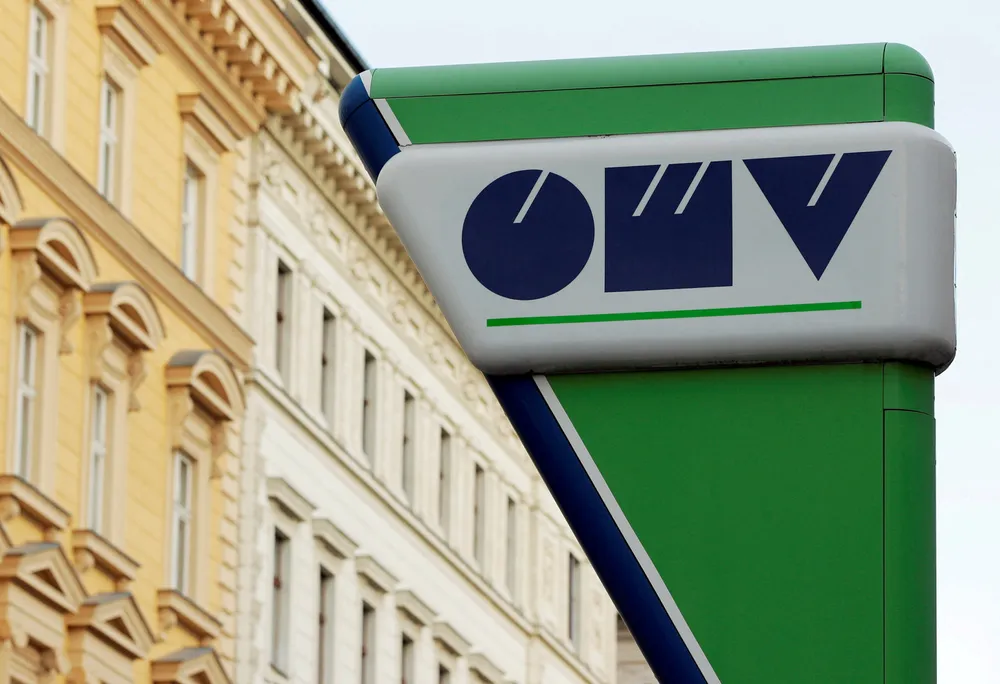OMV enjoys record results but sees production entering plateau
Austrian operator reports improvements in operating and financial performance in 2021 but expects slowdown this year

Austrian operator reports improvements in operating and financial performance in 2021 but expects slowdown this year
